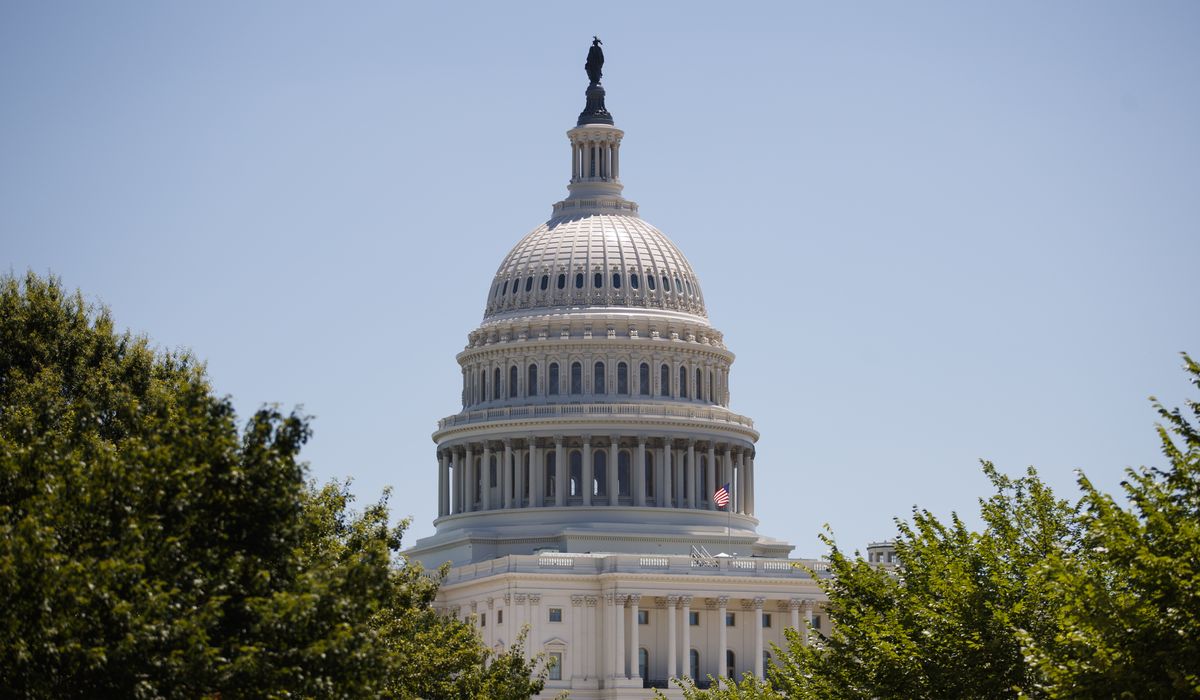Senate Republicans on Tuesday unveiled their new COVID-19 relief bill, which is slated for a vote as soon as this week.
The bill is a slimmed-down version of the $1 trillion proposal rolled out by the GOP and approved by the White House in July.
It includes provisions to shore up liability protections for business owners and health care providers, which has been a top priority for Republicans since April.
The bill would provide an extension for boosted unemployment payments, giving those out of work an additional $300 weekly payments. It’s an increase from the July proposal and matches the level of unemployment benefits paid for by the federal government set by President Trump’s executive orders.
The benefits would expire on Dec. 27, 2020.
It also provides another round of small business loans in the Paycheck Protection Program.
There is also $105 billion for schools, an additional $16 billion for coronavirus testing, and provisions that would make the loan provided to the U.S. Postal Service in the last major coronavirus package forgivable.
Unlike the July proposal, there is no additional round of direct payments to the public.
Senate Majority Leader Mitch McConnell, Kentucky Republican, is set to formally introduce the bill Tuesday afternoon.
“It does not contain every idea our party likes. I am confident Democrats will feel the same,” he said in a statement. “Yet Republicans believe the many serious differences between our two parties should not stand in the way of agreeing where we can agree and making law that helps our nation.”
Before the text was even released, House Speaker Nancy Pelosi, California Democrat, and Senate Minority Leader Charles E. Schumer, New York Democrat, slammed the proposal as “emaciated.”
They also accused Republicans only pushing this through to help give their vulnerable senators an assist as the November election draws near.
The bill isn’t expected to make it very far, with Democrats expected to block it, but Republicans are hoping to get 51 of their 53 senators to back it.



















